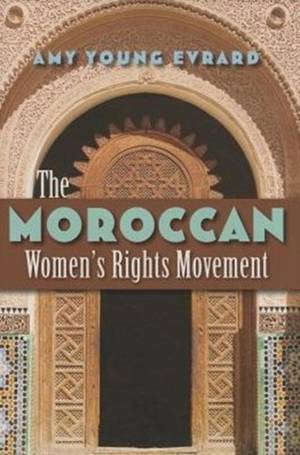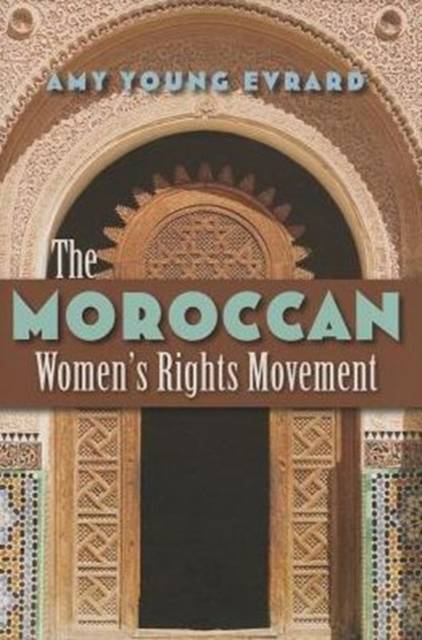
Bedankt voor het vertrouwen het afgelopen jaar! Om jou te bedanken bieden we GRATIS verzending (in België) aan op alles gedurende de hele maand januari.
- Afhalen na 1 uur in een winkel met voorraad
- In januari gratis thuislevering in België
- Ruim aanbod met 7 miljoen producten
Bedankt voor het vertrouwen het afgelopen jaar! Om jou te bedanken bieden we GRATIS verzending (in België) aan op alles gedurende de hele maand januari.
- Afhalen na 1 uur in een winkel met voorraad
- In januari gratis thuislevering in België
- Ruim aanbod met 7 miljoen producten
Zoeken
€ 60,95
+ 121 punten
Omschrijving
Among various important efforts to address women's issues in Morocco, a particular set of individuals and associations have formed around two specific goals: reforming the Moroccan Family Code and raising awareness of women's rights. Evrard chronicles the history of the women's rights movement, exploring the organizational structure, activities, and motivations with specific attention to questions of legal reform and family law. Employing ethnographic scrutiny, Evrard presents the stories of the individual women behind the movement and the challenges they faced. Given the vast reform of the Moroccan Family Code in 2004, and the emphasis on the role of women across the Middle East and North Africa today, this book makes a timely argument for the analysis of women's rights as both global and local in origin, evolution, and application.
Specificaties
Betrokkenen
- Auteur(s):
- Uitgeverij:
Inhoud
- Aantal bladzijden:
- 312
- Taal:
- Engels
- Reeks:
Eigenschappen
- Productcode (EAN):
- 9780815633501
- Verschijningsdatum:
- 9/06/2014
- Uitvoering:
- Hardcover
- Formaat:
- Ongenaaid / garenloos gebonden
- Afmetingen:
- 160 mm x 242 mm
- Gewicht:
- 571 g

Alleen bij Standaard Boekhandel
+ 121 punten op je klantenkaart van Standaard Boekhandel
Beoordelingen
We publiceren alleen reviews die voldoen aan de voorwaarden voor reviews. Bekijk onze voorwaarden voor reviews.









